Company: PepsiCo, Inc
CEO: Ramon Laguarta
Founders: Caleb D. Bradham
Year founded: 1898 (as Pepsi Cola), 1965 (as PepsiCo Inc.)
Headquarter: Harrison, New York
Number of Employees (December 2023): 318,000
Type: Public
Ticker Symbol: PEP
Annual Revenue (2023): $91.4 Billion
Profit | Net income (2023): $9.07 Billion
Products & Services: Pepsi | Mountain Dew | Lay’s potato chips | Gatorade | Tropicana beverages | 7 Up | Doritos tortilla chips | Quaker foods and snacks | Cheetos | Mirinda | Ruffles potato chips | Aquafina bottled water | Tostitos tortilla chips | Mist Twist | Fritos corn chips | Walkers potato crisps
Competitors: Coca-Cola | Red Bull | Kellogg | Unilever | Nestle | Kraft Foods | Campbell Soup Company | Conagra Brands | Link Snacks | Monster Beverage | General Mills
PepsiCo’s Strengths
1. Best Global Brand
According to Statista, PepsiCo is ranked the second most valuable soft drinks brand with a brand value of $21 Billion. In 2022, PepsiCo was ranked the 86th largest company in the world in Forbes’ Global 2000.
2. Power of One Strategy
Selling “Food & Snacks” (Frito Lays, Cheetos, Doritos, Kurkure) and “Beverages” (Pepsi, Gatorade, Tropicana) under one umbrella makes PepsiCo a more robust and diversified business. Its food business accounted for 58%, and beverages accounted for 42% of its revenue in 2022.
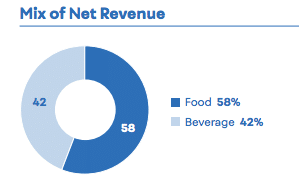
3. Highly Diversified Portfolio
The main strength of PepsiCo lies in the large number of brands under its portfolio spanning across the food and beverage sector. PepsiCo has 23 brands, such as Pepsi, Diet Pepsi, Pepsi Max, Fritos, and others; each generates more than $1 billion in annual retail sales. While other companies struggled to meet their forecasts due to market uncertainties, PepsiCo managed to meet and beat its forecasts thanks to its diversified portfolio. Surging demand for its snacks like Lays and Doritos offset the decline in demand for soft drinks.
Pepsi has seven operational segments, including Frito-Lay North America, Quaker Foods North America, PepsiCo Beverages North America, Latin America, Europe, Africa, Middle East and South Asia, and Asia Pacific, Australia and New Zealand and China Region.
|
Segment |
Revenue Share (%) |
|
Frito-Lay North America |
27% |
|
Quaker Foods North America |
4% |
|
PepsiCo Beverages North America |
30% |
|
Latin America |
11% |
|
Europe |
15% |
|
Africa, the Middle East, and South Asia |
7% |
|
Asia Pacific, Australia and New Zealand, and China Region |
6% |
|
Total |
100% |
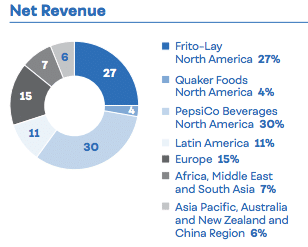
4. Strong Global Presence
PepsiCo has exploited the benefits of a solid global presence by partaking in more than 200 countries worldwide. PepsiCo’s overwhelming presence in markets across the globe has enhanced global awareness and recognition of the brand among consumers. One of the strengths that have enabled PepsiCo to go head-to-head with competitors, such as Coca Cola is its global presence.
North America is Pepsi’s largest market and represents 60% of total revenue, Europe being the second largest representing 16% of the revenue, and LatAm, AMESA, and APAC representing 10%, 8%, and 6% of revenue, respectively.
|
Region |
Revenue ($ billion) |
% |
|
North America |
48 |
60% |
|
Europe |
13 |
16% |
|
LatAm |
8 |
10% |
|
AMESA |
6 |
8% |
|
APAC |
5 |
6% |
|
Total |
79 |
100% |
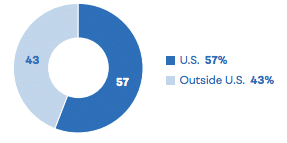
5. Direct-Store-Delivery
PepsiCo uses direct store delivery (DSD) for its supply chain and distribution network, which ensures that independent bottlers and distributors deliver beverages, snacks, and foods directly to retail stores. DSD ensures faster restocking better in-store promotion and maximum visibility.
6. Market Dominance
The marketplace favors superior and dominant businesses giving them room to dictate terms. According to Information Resources, in 2022, Pepsi accounted for 46.3%, and Coca-Cola accounted for 25.6% of the U.S. liquid refreshment beverage category. It exploits its dominance to nurture favorable relationships with retailers gaining significant and easily accessible shelf space.
7. Effective Marketing Strategy
Pepsi understands the importance of marketing, evidenced by the fact that it has been sponsoring the Super Bowl halftime show for ten years, reaching an audience of 96.7 million people in 2021. In 2022, Pepsi Super Bowl LIV Halftime Show featured renowned performers and drew 103.4 million viewers.
8. Iconic Youthful Brand
Pepsi’s target audience has always been the younger generation. Pepsi has nurtured its image as an iconic youth brand. Historically, many iconic ads targeted pre-teens/ teens with the fun element of sports, music, etc.
9. Effective Supply Chain Management
In the current highly globalized marketplace, businesses operate in different markets worldwide to attain cost-efficiency, which can be challenging without effective supply chain management.
Pepsi has one of the most effective supply chain management strategies in the world, allowing the company to exploit cheaper raw materials from countries across the world. Logistical supremacy is a significant strength for Pepsi.
For example, in case of coconut water, fresh ingredients and refrigeration are needed all the way to retail store shelves. Raw coconut comes from growers in Indonesia and the Philippines; packaging material comes from Europe, Asia, and the Middle East; and storage and redistribution happen at the port of California and New York.
10. Marketing through Sports
Partnerships with sports clubs and organizations provide an invaluable opportunity to advertise directly to consumers in sporting arenas.
For example, Pepsi entered into a 7-year championship level partnership with the Tampa Bay Lightning and AMALIE Arena.
11. Strong Corporate Social Responsibility
PepsiCo Foundation (philanthropic division) works with hundreds of international, national, and community-based organizations to enhance resource sustainability and tackle challenges facing societies across the world.
For example, PepsiCo has partnered with the Inter- American Development Bank (IDB) in projects providing clean drinking water and improved sanitation in Latin America.
Also, the food and beverage giant announced that it would invest $35 million, collaborating with Closed Loop Partners. The investment is part of an innovative recycling initiative, introducing small-scale, sustainable, and high-tech recycling systems in various communities in the US.
The recycling fund, named “Closed Loop Recycling Fund,” will be used to help different areas of the country gain access to recycling, minimizing waste, and introducing a new line of rPET (recycled plastic) as well as various other sustainable materials as part of PepsiCo’s sustainable initiative.
12. Customer Loyalty
PepsiCo has a highly loyal customer base, particularly among the younger generation who love the iconic taste of the company’s soft drinks.
Recently, Pepsi has launched a first-ever cash-back loyalty program “PepCoin” to reward their loyal customers with cash prizes for pairing their favorite soft drink and snack.
PepsiCo’s Weaknesses
1. Overdependence on Food and Beverages
Over-dependency on carbonated soft drinks and packaged foods undermine companies’ flexibility and agility in case of turmoil in that segment. PepsiCo decided against the wise men by putting its eggs in one basket – food and beverages. The company should diversify to avoid the possibility of losing everything.
2. Products Perceived as Unhealthy
Perception is everything when it comes to consumer products such as soft drinks and snacks. Most of PepsiCo’s carbonated soft drinks contain high sugar concentrates while its snacks are excessively salted with chemical additives and flavors. This is a significant weakness, particularly in the current health-conscious consumer markets.
3. Effects of Failed Products
Failure in any venture is a weakness. PepsiCo’s failed products, such as Crystal Pepsi (Colorless Cola), Pepsi Blue, etc., demoralized employees and portrayed them as incompetent in the public sphere giving room for the competition to grow.
4. Controversial Advertisements
Companies must use their elevated position to advance society’s common good. Unfortunately, in 2017, PepsiCo’s advert featuring Kendall Jenner was criticized for trivializing the Black Lives Matter movement. The ad was pulled after one day.
The company released this statement:
“Pepsi was trying to project a global message of unity, peace, and understanding. Clearly, we missed the mark, and we apologize. We did not intend to make light of any serious issue. We are removing the content and halting any further rollout. We also apologize for putting Kendall Jenner in this position.”
This is a major weakness compared to the positive values of life, such as family get-togethers consistently advocated for in most of Coca-Cola’s advertisements.
5. Poor Environmental Record
PepsiCo was named one of the world’s top three plastic polluters by Break Free from Plastic. The company has failed to adopt meaningful measures to increase the recycling of its bottles.
Additionally, Pepsi Lipton International has come under fire by the ASA (Advertising Standards Authority). It is alleged that Pepsi Lipton used false advertising on their drink bottles claiming the bottles are “100% recycled plastic”. The company stated that it had printed an asterisk right next to the “100% recycled” claim, indicating that the label and the cap are not made from recycled plastic. Pepsi Lipton International also agreed that the size of the text was very small indeed, which misled a lot of consumers into thinking their bottles are fully recycled plastic.
6. Racially-Insensitive Products
The national debate over racial inequality in the US brought attention to PepsiCo’s racially-insensitive products. The company was forced to change the name and brand image of its Aunt Jemima after it was singled out as racist by Black Lives Matter protesters. PepsiCo is also considering changing other products like Uncle Ben’s.
PepsiCo’s Opportunities
1. Product Diversification
Diversification into different segments enables businesses to exploit benefits beyond their traditional field of operation and attain stability. Even though PepsiCo has 23 brands under its portfolio, all these are concentrated within the food and beverage industry. PepsiCo can exploit benefits in other segments by diversifying its products portfolio into different sectors beyond food and beverages, such as sportswear, acquiring a small but established sportswear brand.
PepsiCo can also diversify its product portfolio to include alcoholic beverages. The company recently announced that it was considering expanding into the alcoholic market after Coca-Cola Co announced they would be introducing an alcoholic drink in the US market in 2021.
2. Expand E-Commerce
More customers are using digital channels for online shopping. PepsiCo can exploit the benefits of online shopping by expanding its e-commerce (mobile apps) and growing sales through these channels.
3. Enhance Alliances and Partnerships
Businesses that seek and nurture solid alliances and partnerships in a globalized marketplace are more successful. For example, PepsiCo can extend the current partnership with Starbucks into other areas to harness all benefits of their partner’s numerous coffee outlets.
4. Increase Consumer-Driven R&D
Adapting to marketplace changes is the key to success. PepsiCo has the resources to increase investment in research and development, manufacturing, and go-to-market capabilities and attain an edge over competitors in the changing consumer and retail landscapes. In FY2022, PepsiCo spent over $770 million on research and development, with its R&D expenses ranging between $665 million and $760 million in the past ten years.
5. Expanding Operations in Emerging Markets
The rapid growth and improved economic situation in emerging markets in Africa, Asia, and South America provide PepsiCo with an invaluable opportunity to expand its operations and grow its customer base.
6. Efforts towards Health-Conscious customers’ needs
PepsiCo has increased its focus on reducing sugar, salt and fat in 75% of its food products by 2025 to less than 100 calories of added sugar per 12 ounces, 1.3 milligrams of sodium per calorie and less than 1.1 grams of saturated fat per 100 calories.
Pepsi also announced that it would partner with Beyond Meat to work on vegan jerky. The collaboration is named the “PLANeT Partnership.” Collaborating with PepsiCo, one of the largest food and drinks conglomerates in the world, will give Beyond Meat a chance to use Pepsi’s world-class marketing strategies and production power. On the other hand, this opportunity will pave the way for Pepsi to diversify its product portfolio, venturing into new and healthier food products.
7. Increase Healthy Options
The fact that most of the soft drinks and snacks offered by PepsiCo are considered unhealthy implies that there is room for improvement. Only 44% of PepsiCo’s beverage portfolio has under 100 calories per serving, which are high and unhealthy. The company can exploit the opportunities presented by an increasing number of health-conscious consumers by broadening product lines to include healthy options such as milk or vegetable-based shakes.
8. Introduce New Flavors
Companies need to adapt to changes in consumer preferences and tastes by ensuring consistent top-line growth. PepsiCo can introduce new flavors in the soft drinks and snacks offered to the market and expand its customer base. The company recently introduced new flavors, including Pepsi Café which combines the flavorful taste of coffee with Pepsi Cola.
9. Enhance Corporate Social Responsibility
Sentimental and emotional values influence consumers’ decisions. PepsiCo can enhance its corporate social responsibility activities to enhance the sustainable use of renewable resources and tackle issues affecting consumers directly, strengthening loyalty while attracting new customers. It joined consumers and other companies in condemning Facebook’s inaction against hate speech and racism. PepsiCo pulled millions of ad dollars from Facebook as part of its CSR to its customers.
10. Acquisition of Energy Drink
In March 2020, PepsiCo acquired Rockstar Energy Beverages for $3.85 Billion to compete with its biggest competitor Monster Beverage in the energy drink space. PepsiCo also finalized the purchase of South Africa’s Pioneer Foods for $1.7 billion.
11. At-home Soda Machine
The company further expanded its push into healthier fare with the $3.2 billion acquisition of at-home seltzer maker SodaStream and subsequently launched of sparkling water brand Bubly.
PepsiCo’s Threats
1. Stiff Competition
PepsiCo’s profitability and market share are threatened by stiff competition from Coca-Cola, Nestle, Dr. Peppers, Unilever, and so on. The competition also threatens long-term sustainability and profitability by increasing the cost of protecting market share through adverts, promotions, and discounts to retain customers.
2. Economic Slowdown or Recession
Even though food and beverage consumer markets are going strong, the possibility of a slowdown or recession soon cannot be ruled out. In case of a downturn, PepsiCo can incur losses because its product portfolio is concentrated with products, which are usually among the first expenses to be dropped by consumers during economic hardship.
In the 2008-09 recession, Pepsi had to cut over 3300 jobs due to a decrease in soft drink sales. The company was forced to scrap its full-year forecast for the 2020-2021 fiscal year due to uncertainties in the market. It scrapped its projection of 4% revenue growth for the year in the first quarter of 2020 after its net income fell to $1.34 billion from $1.41 billion a year earlier.
3. Competitors Adopt Technology More Effectively
In the current technologically advanced and highly competitive business arena, the success or failure of businesses depends on the adoption rate of emerging technologies. PepsiCo can lose competitive advantage if they adopt game-changing technologies more effectively.
4. Changes in Demographics
Changes in demographics and economic situation transforms target markets, which can impact businesses negatively. For example, the demographics of Nordic nations such as Sweden (median age 41.1 years) have shifted with an increase in older consumers and a decreased number of youths. These changes can threaten PepsiCo’s profitability and sustainability because a large portion of its customer base consists of youth.
5. Increase in Trade Tensions
Uncertainty and instability impede effective operations. In the past two years, US-China trade tensions have increased uncertainty and instability in global markets. PepsiCo’s international operations can be undermined if trade tensions escalate, leading to a trade war, isolationism, and protectionism in the company’s overseas markets.
Additionally, The UKG payroll company came under a ransomware attack earlier this month. Ultimate Kronos Group is a top-tier workforce and HR resource management company. Large organizations like PepsiCo and Tesla employ their timekeeping and payroll services. The UKG ransomware attack resulted in inaccurate and delayed employee paychecks, which led to an outrage. One worker at PepsiCo filed a lawsuit against Pepsi.
6. Government Laws and Regulations
In the recent past, governments have increasingly adopted pro-health regulations to reduce lifestyle diseases and illnesses attributed to junk and unhealthy products. Escalation of this trend in the future can undermine profitability, sustainability, and even the existence of PepsiCo since its product portfolio consists mainly of unhealthy soft drinks and snacks.
7. Increasing Health Consciousness
The fact that most of the soft drinks and snacks offered by PepsiCo are considered as unhealthy implies that increasing health consciousness in consumer markets is a threat (Cannibalism) to the company.
References & more information
- ABOUT THE COMPANY| PEPSICO
- Featured image by Ja San Miguel
- PepsiCo & Inter-American Development Bank Partnership Helps More Than 765,000 People in Latin America Gain Access to Clean Water| PR Newswire
- Pepsi| Forbes
- PepsiCo’s Practical Application of Supply Chain Resilience Strategies| Forbes
- New PepsiCo Loyalty Program Rewards Snack & Beverage Pairings| Convenience Store News
- PepsiCo Beverages North America Becomes Lightning’s Sixth Championship Level Partner| Central Chart
- The creator of Crystal Pepsi says it’s probably the greatest idea he’s ever had — and its failure taught him an important lesson| Business Insider
- From Soda Stream to Starbucks| Beverage Daily
- Pepsi’s Focus On Diversifying Drinks Portfolio To Help Steady Beverages Revenue| Forbes
- Health Snacks And NCDs Could Drive PepsiCo’s Revenues Close To $69 Billion By 2020| Forbes
- PepsiCo Warns of Weakening Global Economy| Wall Street Journal
- PepsiCo: A Must-Know Overview of the Consumer Giant| Market Realist
- PepsiCo CFO: The consumer is doing ‘just fine’ right now ‘as far as we can tell’| CNBC
- Coke and Pepsi Give Millions to Public Health, Then Lobby Against It| The New York Times
- PepsiCo SEC Filings| PepsiCO
- PepsiCo pledges to cut the fat, salt and sugar by 2025| USA TODAY
- Pepsi Pulls Ad Accused of Trivializing Black Lives Matter| The New York Times
- PepsiCo Agrees to Buy Rockstar Energy for $3.85 Billion| Barron’s
- Pepsi to cut 3,300 jobs as weak economy hits soft drink sales| The New York Times
- Murphy, A. (2020, May 1). Global 2000| Forbes
- Kumar, U. S. (2020, April 28). PepsiCo sees snacking boost as lockdowns hammer soda sales| Reuters
- Sports Reporter (2020, Feb 3). Super Bowl LIV on FOX Draws Viewership of More Than 102 Million Across Television & Digital Platforms| FOX Sports
- Brock, J. (2020, Oct. 5). Set, miss, repeat: big brands and plastic recycling targets| Reuters
- Geller, M. (2020, June 17). PepsiCo drops Aunt Jemima branding, Uncle Ben’s, others under review| Reuters
- Uday, S. (2020, Oct. 1). PepsiCo to consider entering the alcoholic beverages business| Reuters
- Bedford, E. (2020, May 11). PepsiCo’s R&D costs worldwide, 2013-2019| Statista
- Arthur, R. (2020, Jan 16). Pepsi Café to hit US Shelves in 2020| Beverage Daily
- Moynihan, L. (2020, June 28). Pepsi quietly joining Facebook ad boycott| FOX Business
- Child, K. (2020, March 6). PepsiCo’s purchase of Pioneer is finalized| Business Live
- Janowski, T. (2020, April 28). PepsiCo scraps forecast due to coronavirus crisis| Reuters
- Pepsico 2022 Annual Report
Tell us what you think? Did you find this article interesting?
Share your thoughts and experiences in the comments section below.

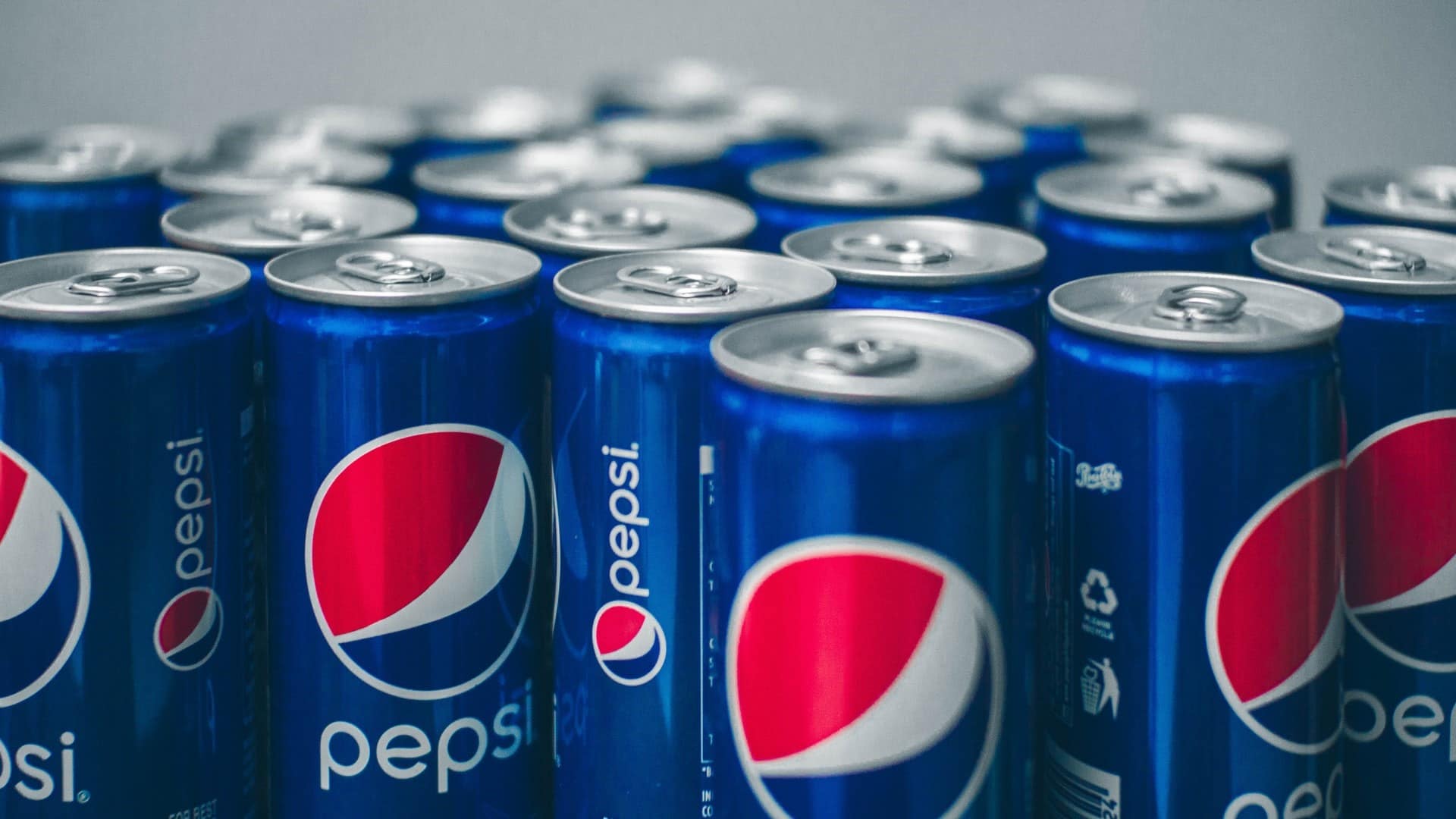
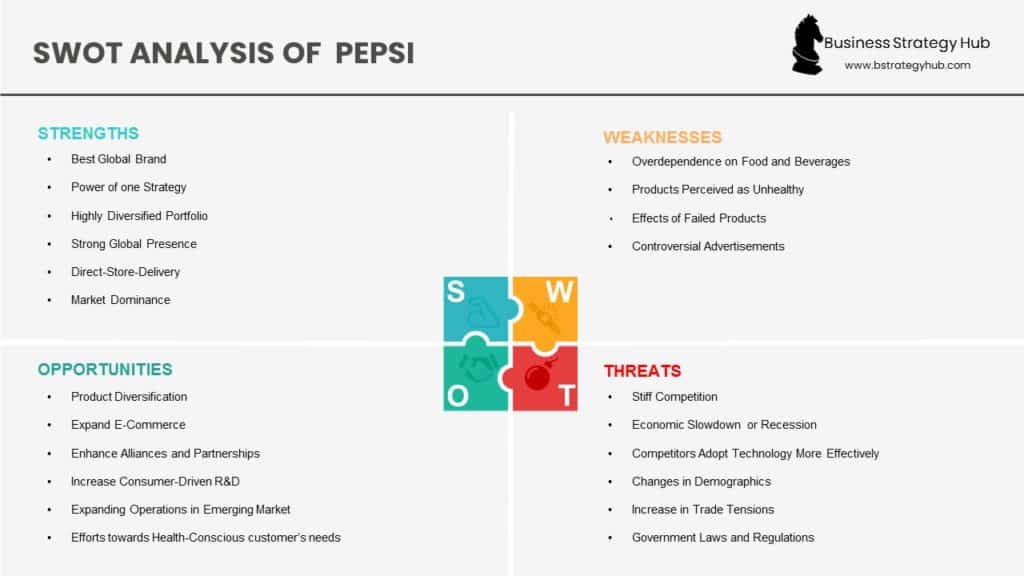
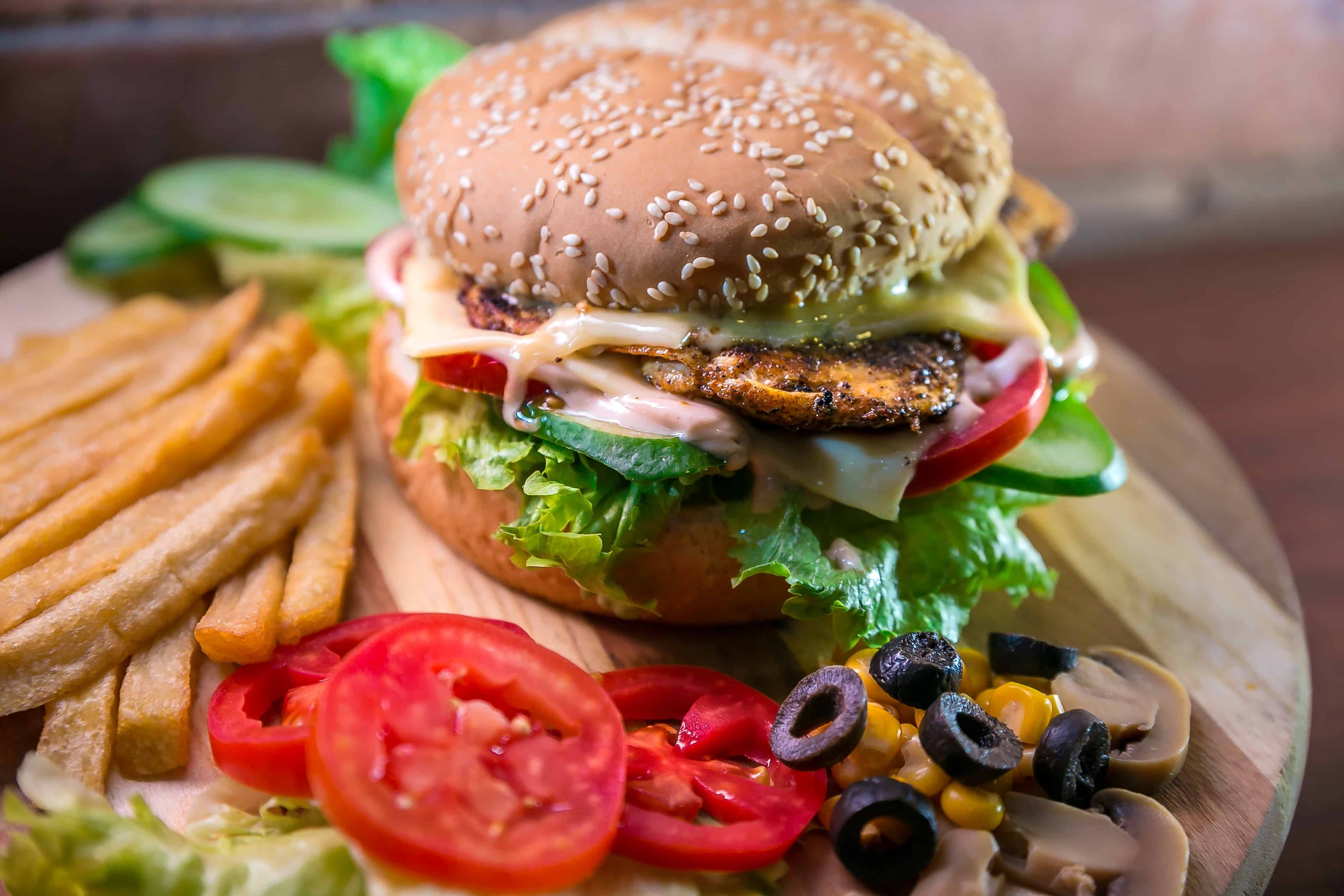

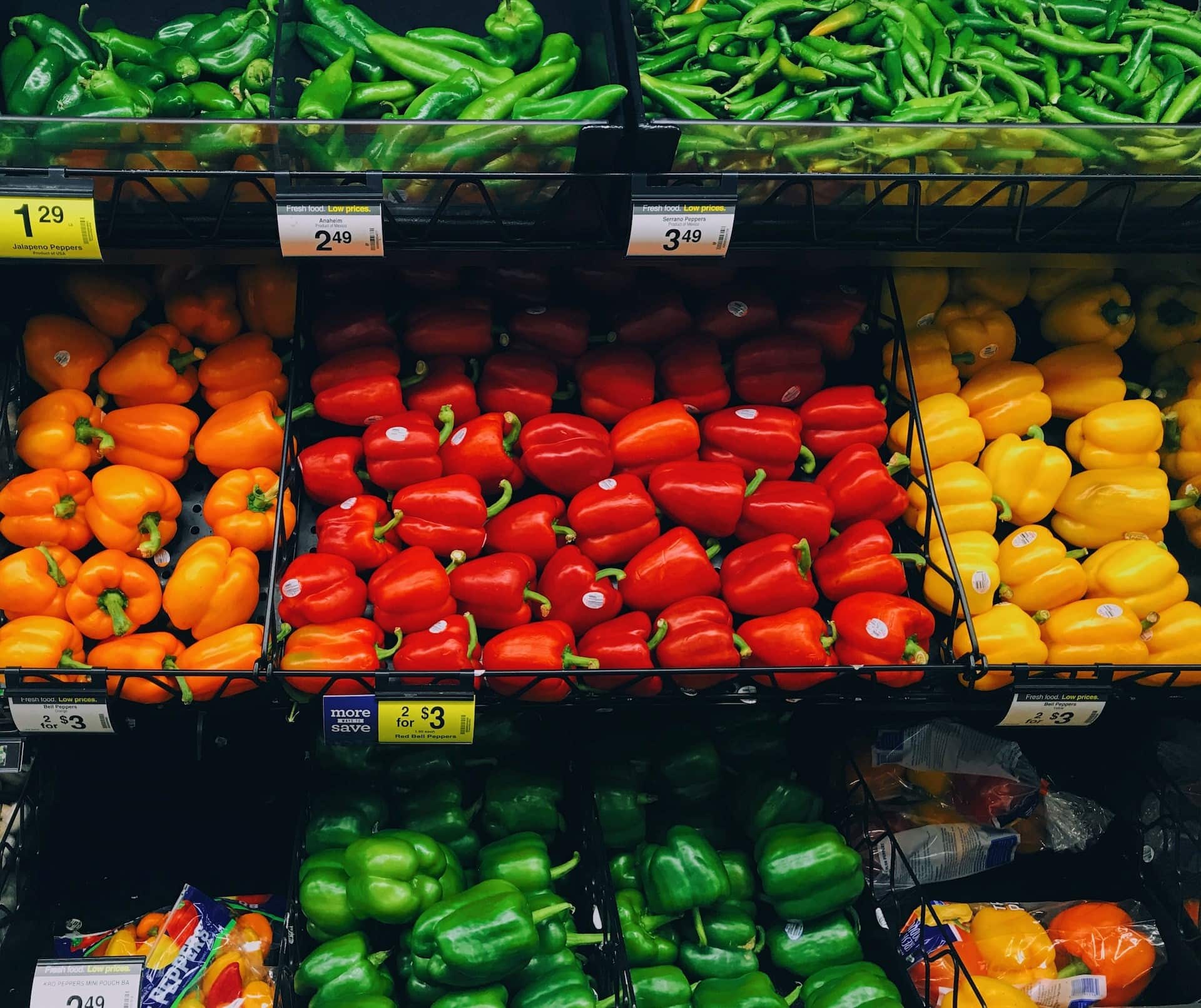
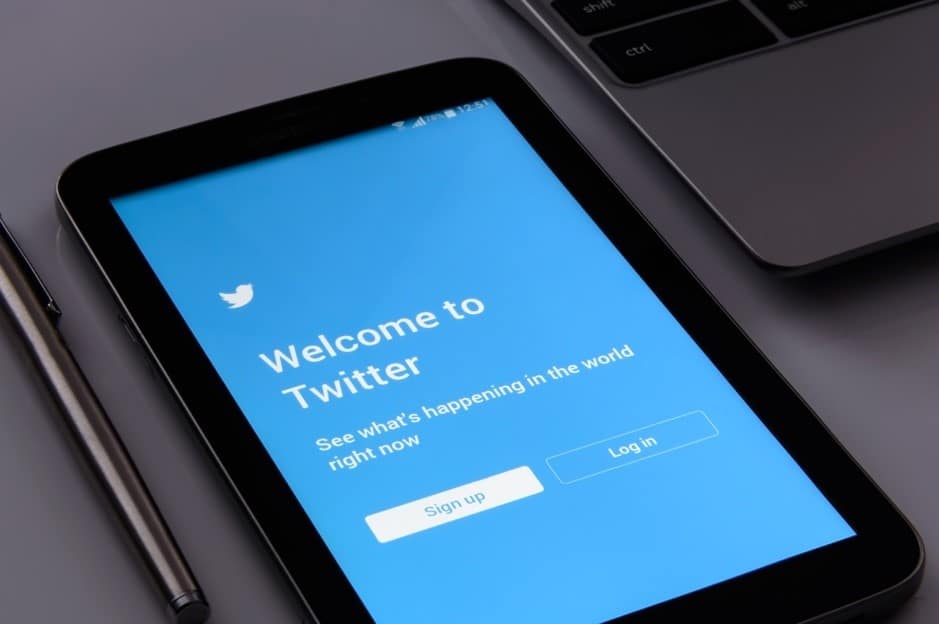


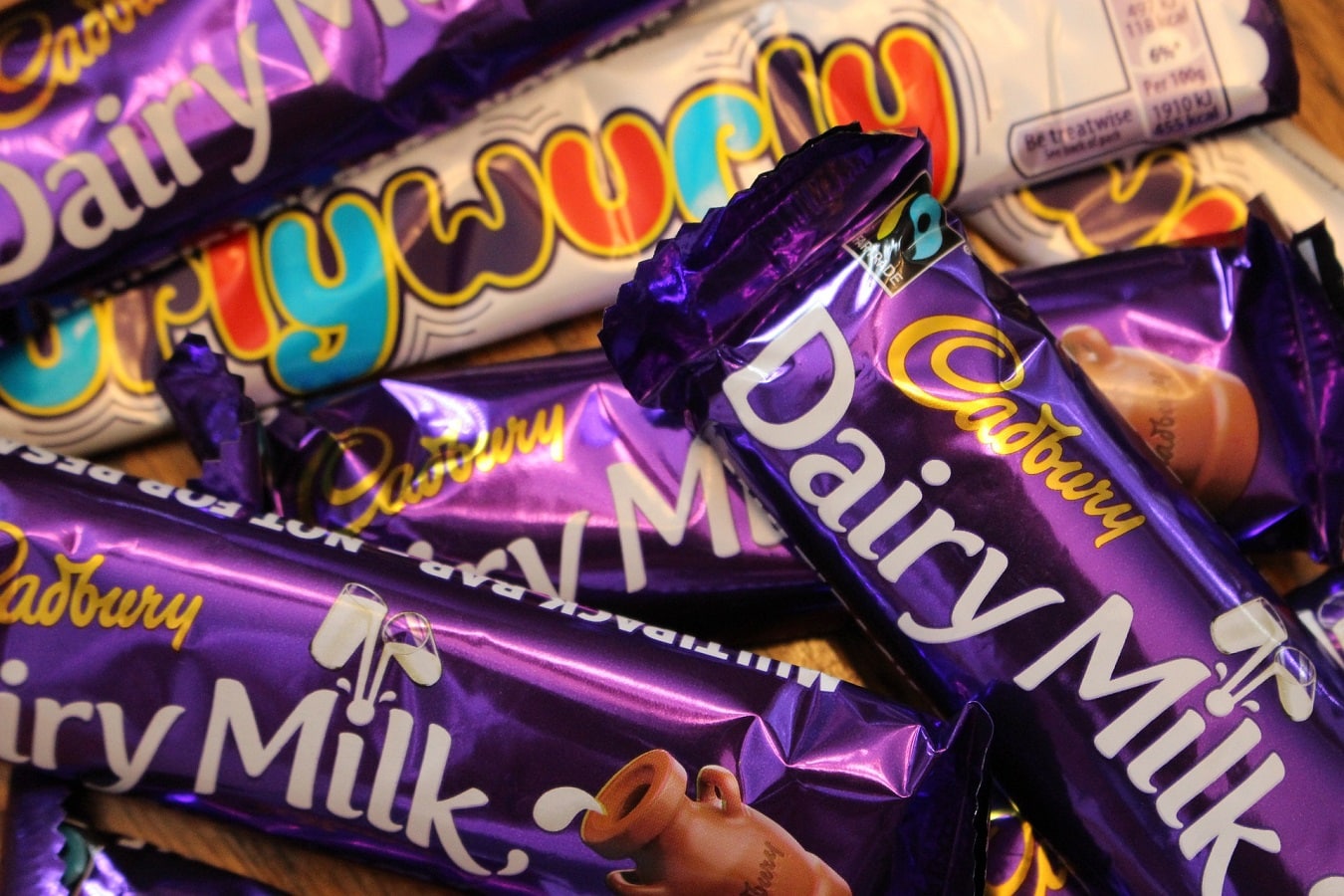

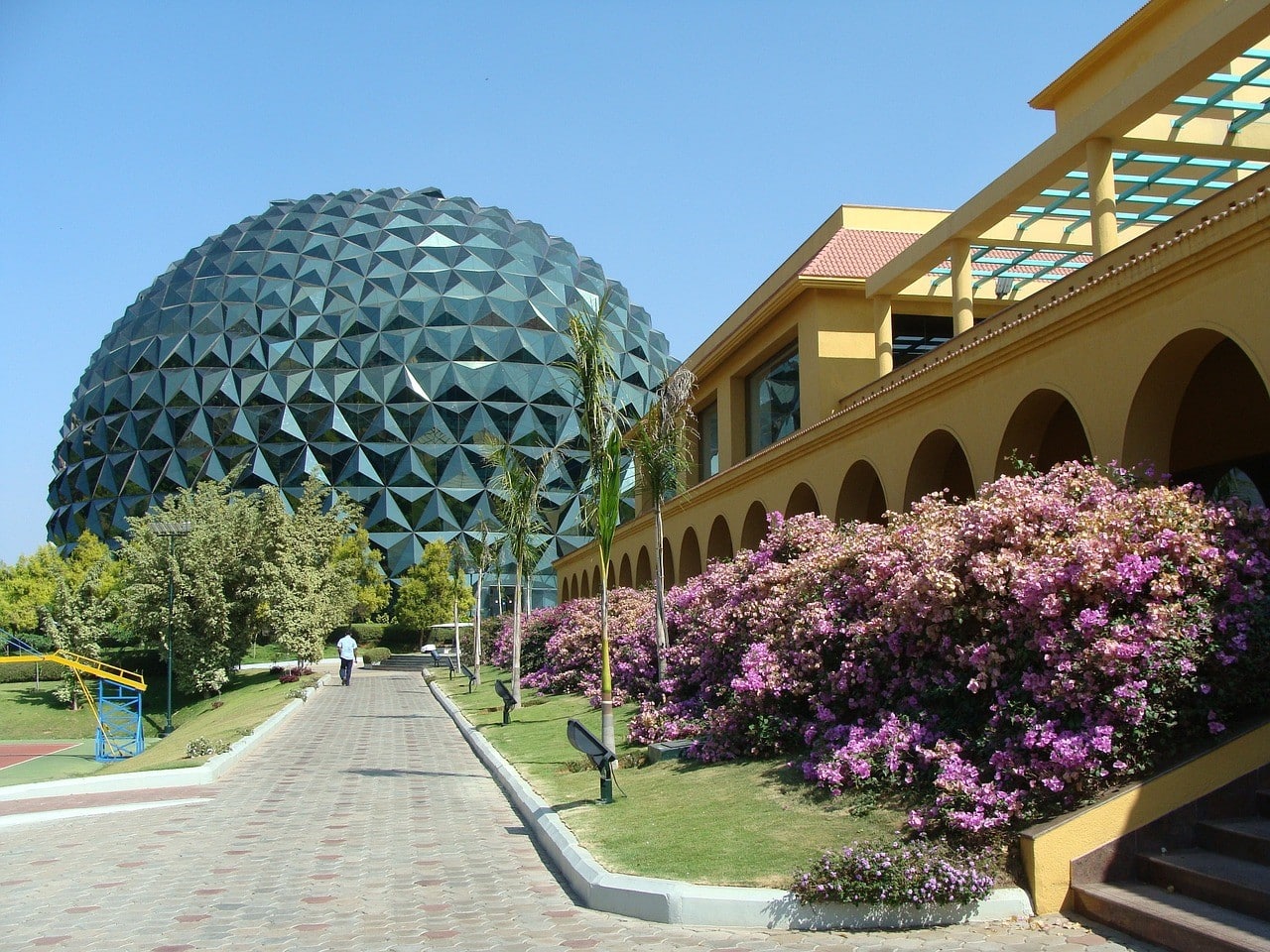
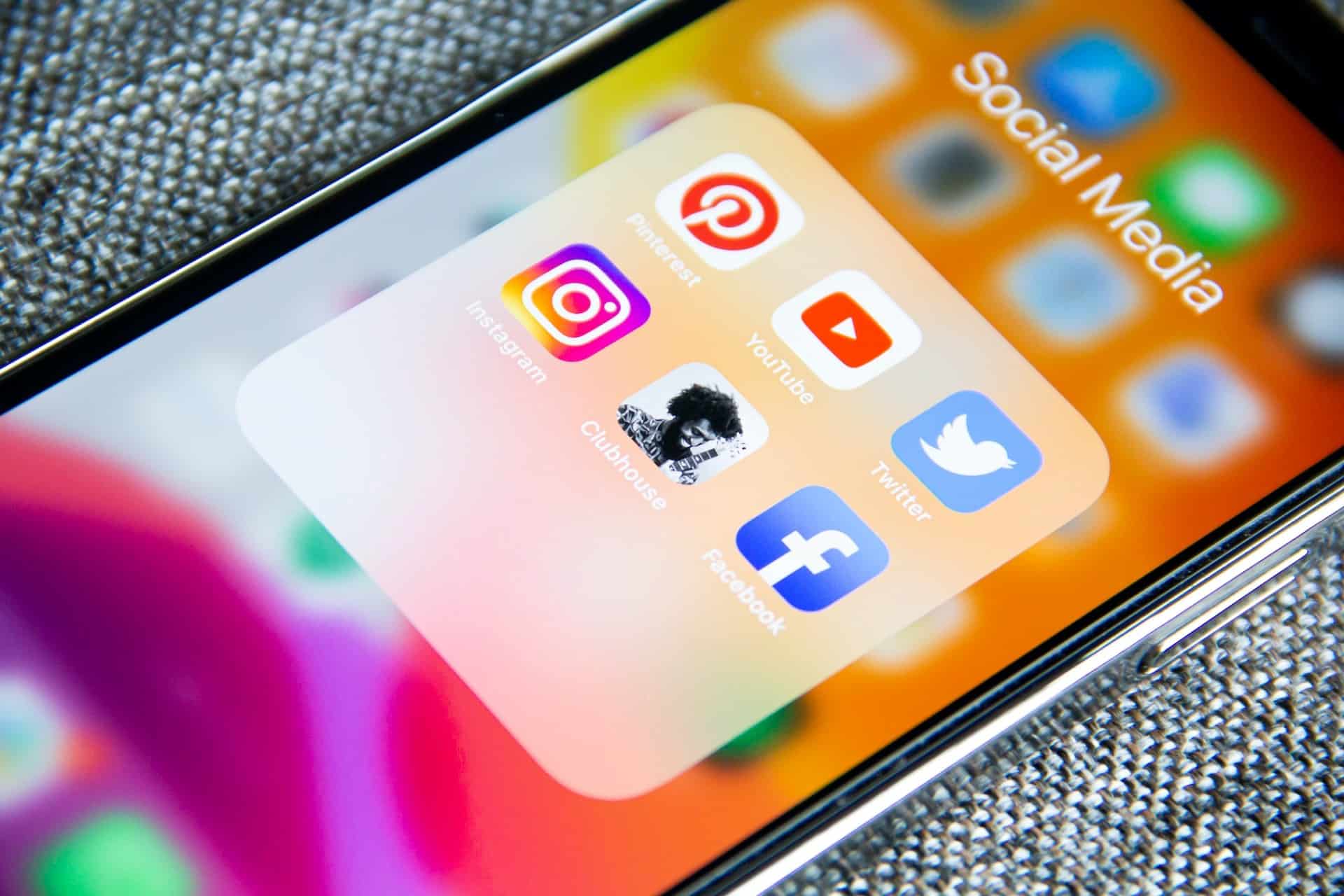
Add comment